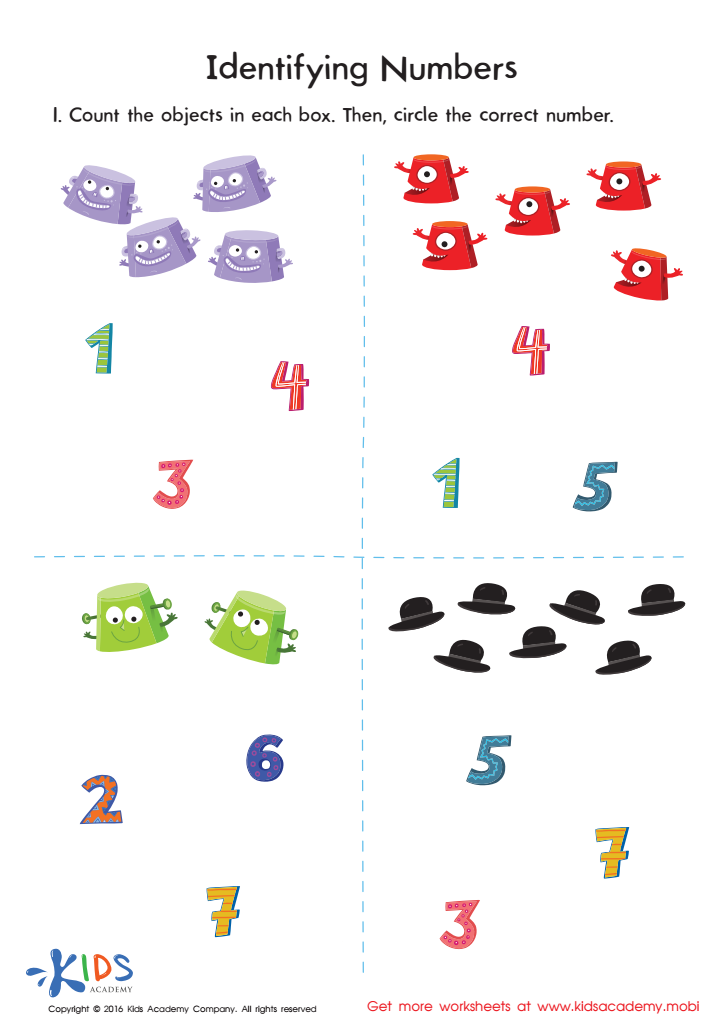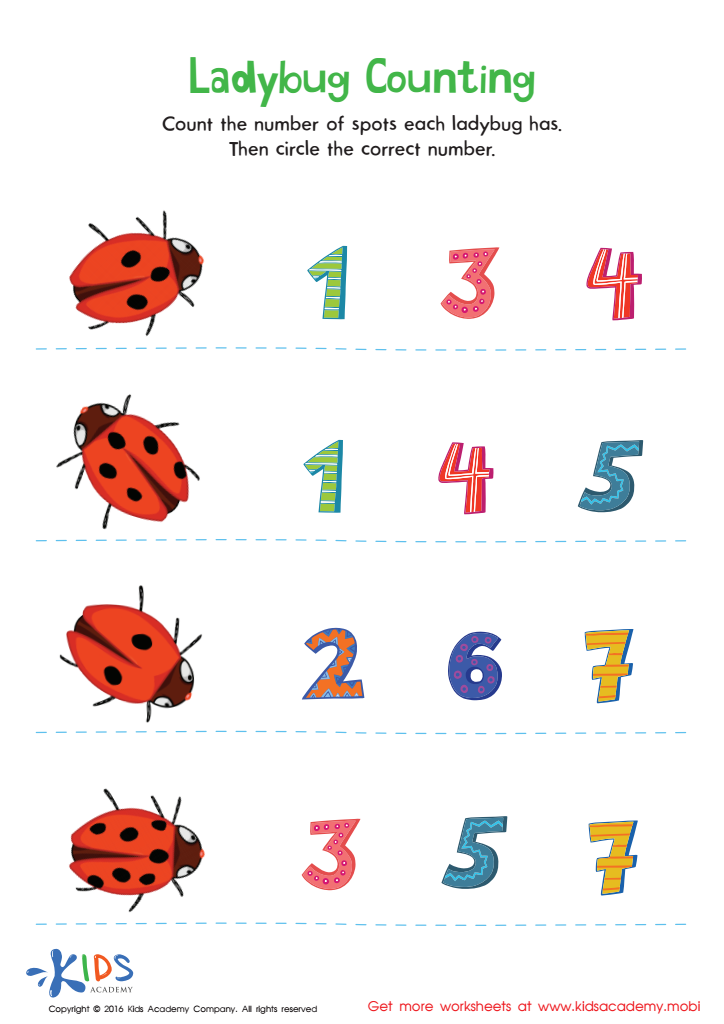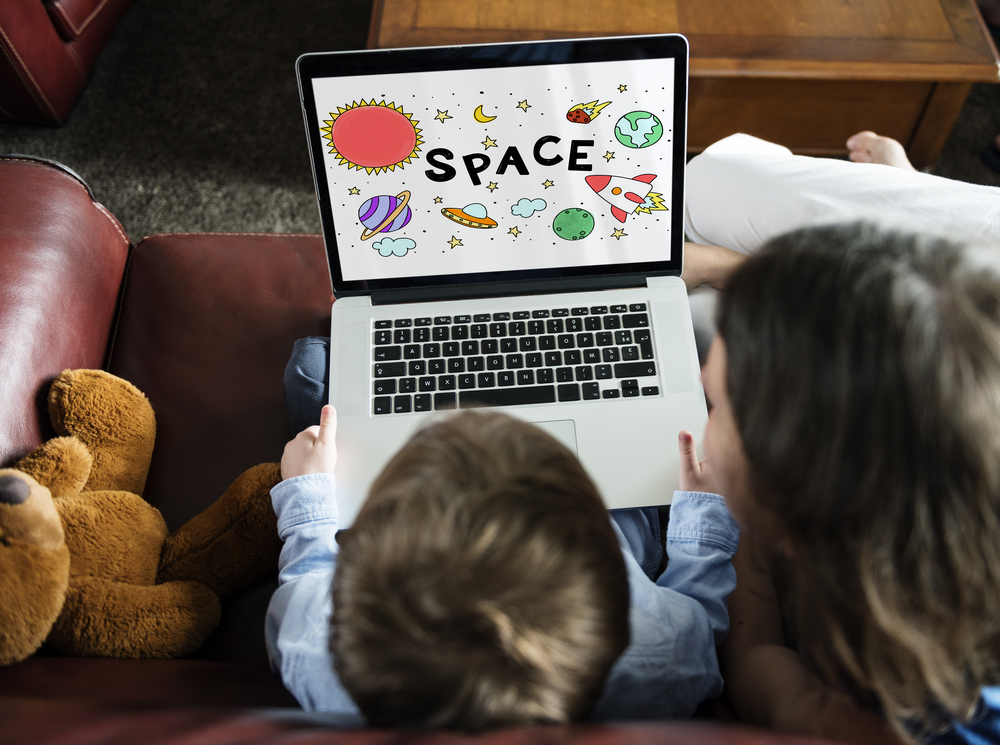Number Recognition Extra Challenge Matching Worksheets for 5-Year-Olds
6 filtered results
-
From - To
Boost your child's number recognition skills with our engaging Number Recognition Extra Challenge Matching Worksheets designed specifically for 5-year-olds! These fun and interactive worksheets help young learners connect numbers with their corresponding visual representations, fostering both recognition and memory. Featuring vibrant illustrations and age-appropriate challenges, children will enjoy matching numbers while sharpening their cognitive abilities. The worksheets also provide opportunities for children to develop fine motor skills as they draw lines and complete activities. Ideal for both classroom settings and at-home learning, these worksheets make early math skills enjoyable and rewarding. Give your child the confidence to excel in number recognition today!
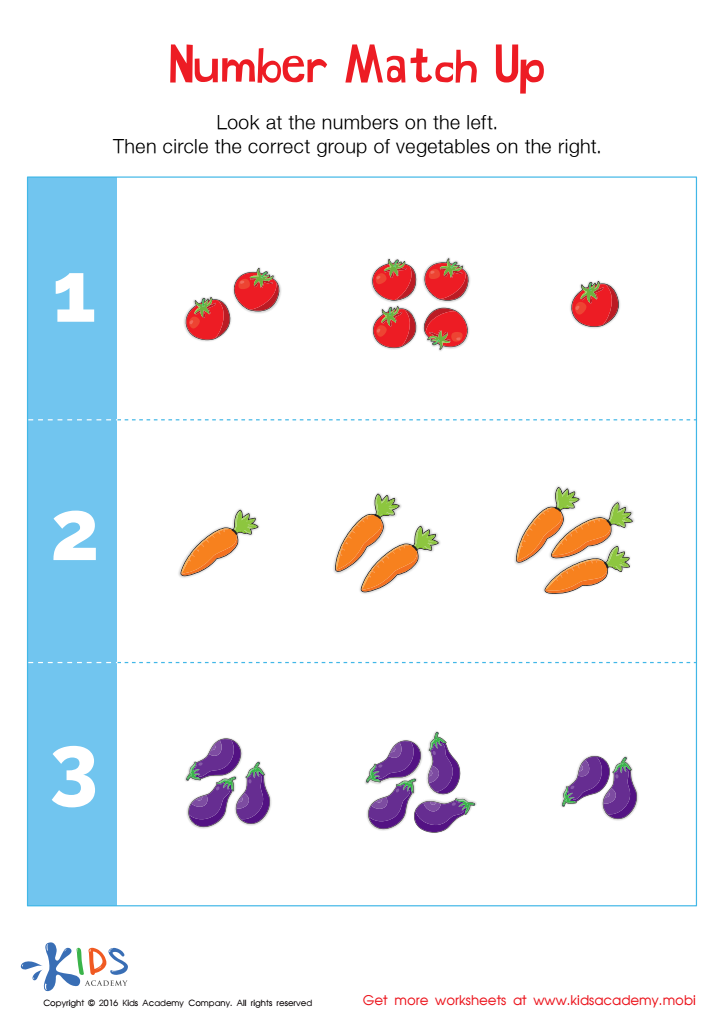

Number Match Up Worksheet
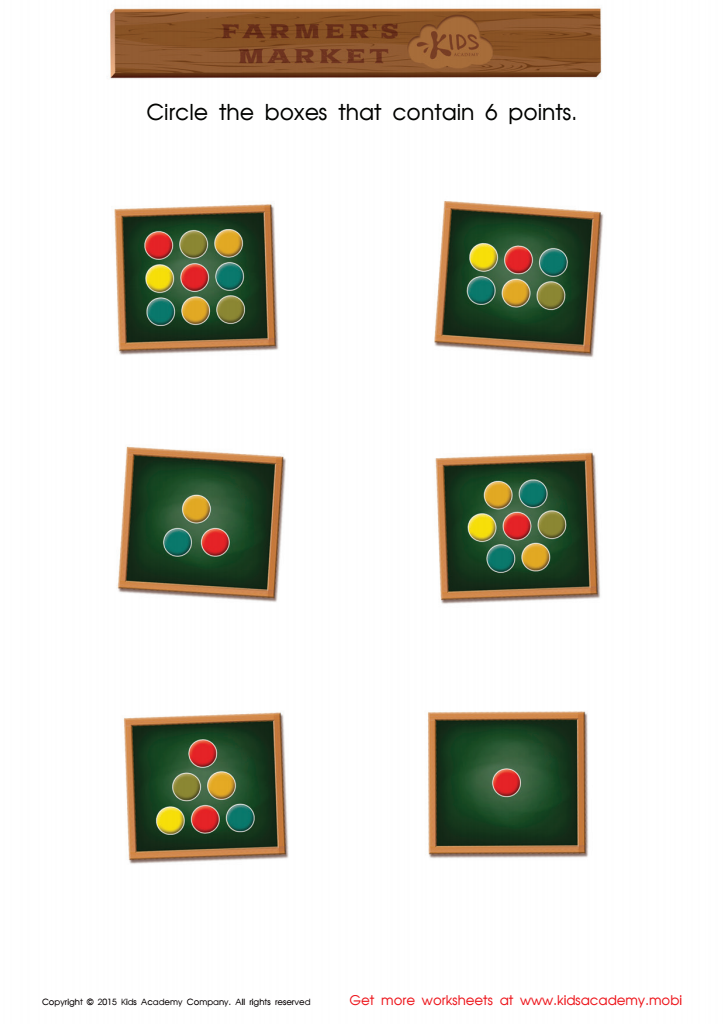

Count and Match Points 6 Math Worksheet
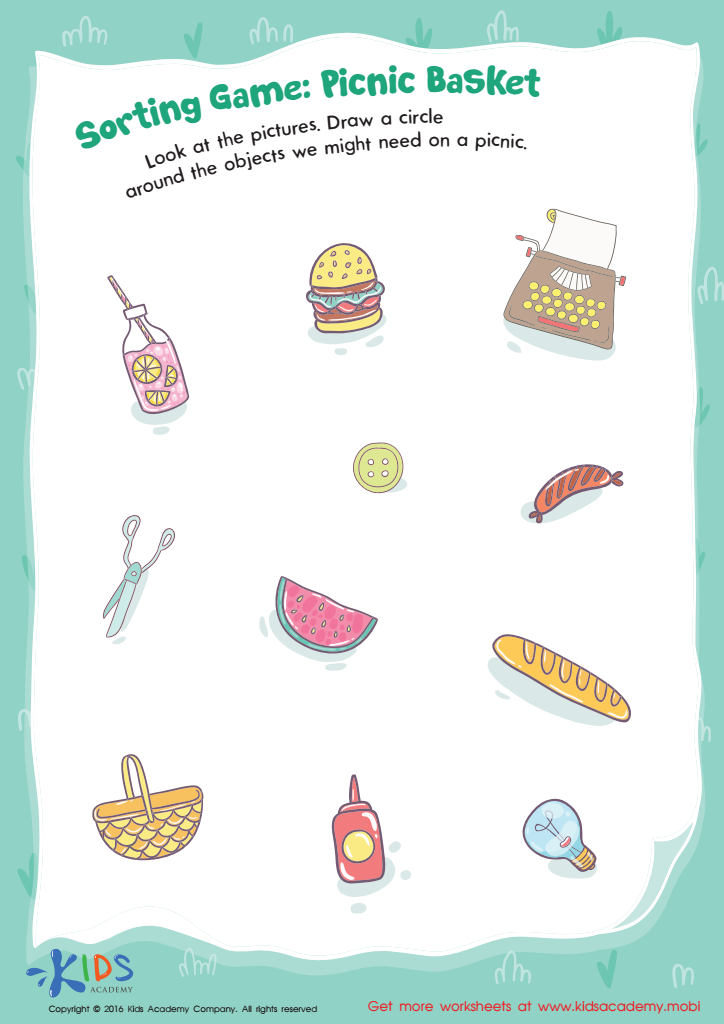

Picnic Basket Sorting Worksheet
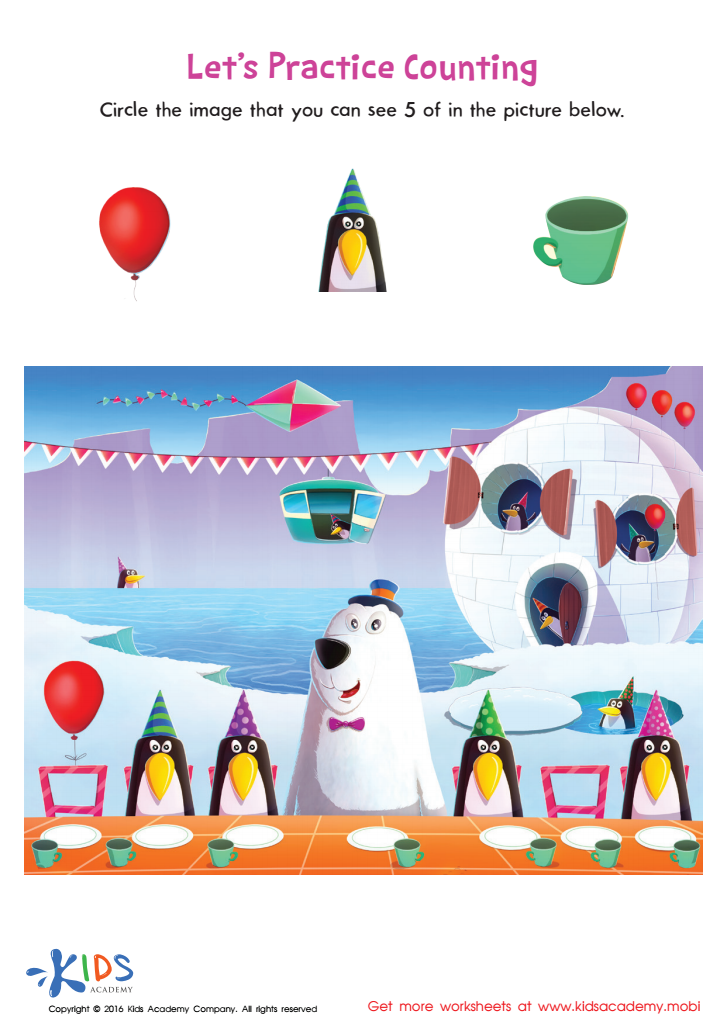

Counting Worksheet: Let's Practice Counting
Number recognition is a foundational skill that plays a crucial role in early childhood education, particularly for 5-year-olds. Engaging in activities like Number Recognition Extra Challenge Matching helps sharpen children's ability to identify, compare, and relate numbers. This understanding forms the bedrock for more complex mathematical concepts they'll encounter later in their education.
For parents and teachers, fostering this skill is vital because it not only enhances numerical literacy but also boosts children's confidence in their math abilities. When children participate in matching activities, they reinforce their learning through play while developing essential cognitive skills, such as memory, attention to detail, and critical thinking. Such activities are also customizable, allowing parents and teachers to tailor them to individual children's speed and comprehension levels.
Furthermore, early mastery of number recognition can lead to increased enthusiasm for math, making it a less intimidating subject as they progress through school. This proactive engagement can lead to better academic performance, setting a positive trajectory for future learning. Ultimately, by prioritizing number recognition and related activities, parents and teachers can equip children with crucial skills for lifelong learning and foster a positive relationship with mathematics from an early age.
 Assign to My Students
Assign to My Students

